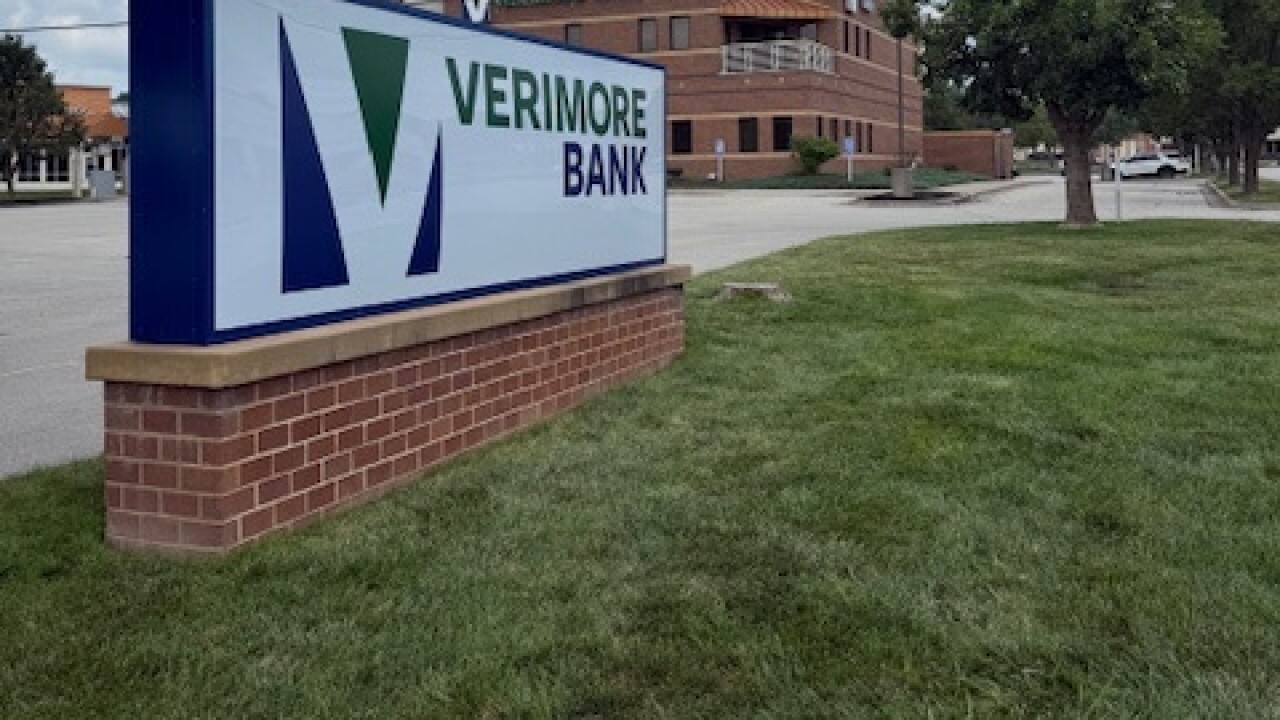With its acquisitions of three of the 38 affiliate credit bureaus that resell and repackage its data products, Experian Inc. signaled that it is eager to keep pace with its two U.S. rivals, TransUnion LLC and Equifax Inc.
Affiliates are local companies that customize the products supplied by the three large bureaus. Those bureaus have been buying affiliates in the last few years as part of their efforts to own the most consumer data and to cement more direct relationships with their clients.
Industry experts say that Equifax enjoys the most market share in the United States, though the other two companies are not far behind.
Experian, a subsidiary of the British conglomerate GUS PLC, said that the three acquisitions announced Thursday were "the first in a series of acquisitions to be completed over the next two to three years."
On Thursday, Experian said it had acquired AQM Information Solutions Inc. of Brockton, Mass., Credit Bureau of Dalton, Ga.; and Credit Bureau of Kingsport, Tenn. Experian says that AQM has 2,500 clients nationally, but it did not say how many clients the two Credit Bureaus (which are unrelated to each other) have.
Industry experts say there are few regional credit reporting agencies left to scoop up, since the three big bureaus already own most of them.
One analyst said that Equifax, a Fortune 500 company, tends to buy a few affiliates a year, and a spokesman for TransUnion, a Chicago-based division of the Pritzker-owned Marmon Group, said it has acquired 72 of its 74 affiliates over the last three years. "This is reflective of the ongoing trend of consolidation in the credit reporting industry," he said.
Rick Gallagher, Experian's senior vice president of corporate development, said in a press statement: "Since the mid-1970s we have had a mutually beneficial relationship with our affiliate credit bureaus. However, integrating the affiliate channel into Experian North America will enable us to offer all our clients a more seamless interaction with Experian and a full range of products to help them optimize relationships with their customers.
The acquisition of AQM, "a strong Experian partner for many years, provides a great start to our effort," he said.
Equifax, which is headquartered in Atlanta, has been making headway in the direct marketing business. In February 2000 it bought the consumer database of R.L. Polk & Co., a marketing specialist for the automotive industry, for $260 million. According to Equifax, the acquisition included product registration and other data on 105 million households.
Last month Equifax acquired the e-mail database of Naviant Inc., which reportedly contains 100 million permission-based addresses, for $135 million. In a press statement it said that the acquisition would add a "significant new distribution channel for Equifax's rapidly growing direct-to-consumer business."
Kyle Evans, an associate analyst at Stephens Inc. in Little Rock, said that Equifax "is obviously willing and able to go outside" the traditional credit reporting business
Meanwhile, the company has not been neglecting its credit data warehouse, he said. "Equifax likes to own the data and have control over its affiliated bureaus," and even though the purchases are relatively minor, the company gives the go-ahead to "anything that gives you more control and is accretive to earnings."
Buying up affiliates "has been a part of their strategy in the past, and I expect it to be in the future," Mr. Evans said.
A spokesman for Equifax says it has had "a long and successful track record of acquiring and integrating" its affiliates. "It's been a key strategy of ours. Obviously, since we've been consistent about it, there are fewer" left to acquire, but the company will likely continue to do so, he said.
Mr. Evans said that, with its growing extensions into direct marketing and database management, Experian may be the more formidable of Equifax's two opponents. "TransUnion and Experian are probably equal competitors in the consumer credit business, but Experian can compete [with Equifax] on more fronts."
Rowan Morgan, a retail analyst who covers GUS PLC for the London brokerage KBC Peel Hunt Ltd., called Experian a "very significant" part of the conglomerate, which also owns the popular retail chain Argos.
GUS expects to report $1.07 billion (converted from pounds) of profits for this fiscal year, which will end on March 31, and it expects Experian to generate more than a third of that.
"What we're really looking at in terms of GUS' core business is Argos and Experian," Mr. Morgan said.
To some extent, Argos and Experian "feed off each other," since Argos is a principal subscriber of Experian's marketing database, he said. "It a huge database. They have a log of every car on the road, and just about where everybody lives."
Experian is "moving toward marketing- and the 'data solution'-type business, rather than just credit referencing," Mr. Morgan said.





